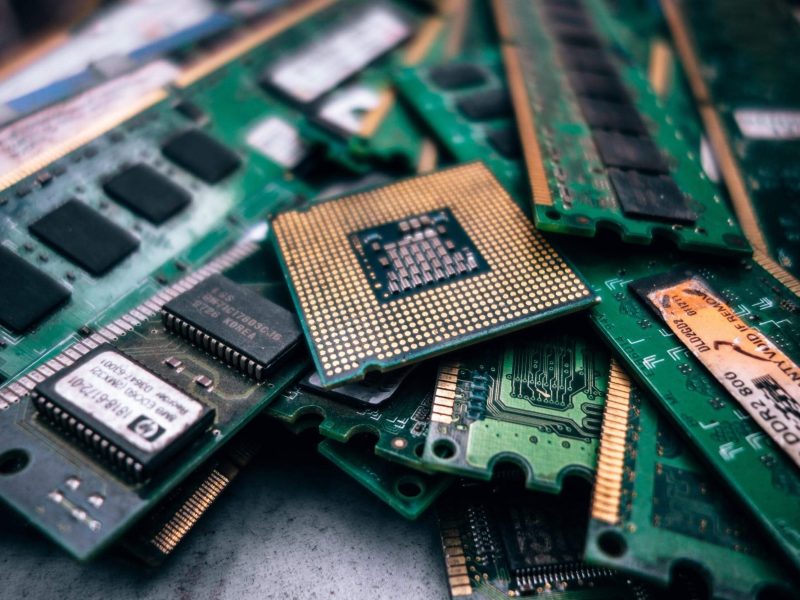
The dangers of improper electronic waste disposal
Electronic waste is growing at an alarming rate
Electronic waste is growing at an alarming rate. According to the EPA, electronic waste is the fastest-growing type of waste in the United States.
Improper disposal of electronic waste can lead to serious health and environmental problems. Burning e-waste releases harmful chemicals into the air while dumping it in landfills can contaminate water supplies.
There are several ways to properly dispose of e-waste. Many communities have e-waste recycling programs, and some electronics manufacturers offer take-back programs. It’s important to do your research to find the best option for disposing of your unwanted electronics.
The dangers of improper e-waste disposal:
It’s no secret that electronic waste is growing at an alarming rate. Every year, millions of tons of e-waste are generated and disposed of improperly. This is not only bad for the environment, but it can also be dangerous for human health.
Improperly disposed of e-waste can release harmful chemicals into the air, soil, and water. These chemicals can then be absorbed by plants and animals, and eventually, make their way into the food chain. In humans, these chemicals can cause a variety of health problems, including cancer, reproductive damage, neurological damage, and more.
E-waste is also a major source of pollution in landfills. When electronics are dumped in landfills, they often end up leaching harmful chemicals into the ground. These chemicals can then contaminate groundwater supplies, making them unsafe to drink.
Health hazards
There are many health hazards associated with improper electronic waste disposal. The most common health hazard is lead exposure. Lead can be found in the solder on circuit boards, in the glass of cathode ray tubes, and in the plastic casings of some electronics. When these items are disposed of improperly, lead can leach into the soil and water. This can cause serious health problems, particularly for children who may come into contact with contaminated soil or water. Other health hazards include exposure to harmful chemicals such as mercury and cadmium. These chemicals can be found in batteries, capacitors, and other electronic components. Improper disposal of these items can result in contamination of the air, soil, and water. This can cause a variety of health problems including respiratory problems, neurological damage, and cancer.
Environmental pollution
According to the EPA, electronic waste is one of the fastest-growing types of pollution in the United States. Many people are not aware of the dangers of improper electronic waste disposal.
Improper disposal of electronic waste can lead to the contamination of soil and water with heavy metals and other toxins. This can cause health problems for humans and animals, as well as damage to the environment.
Electronic waste should be recycled or disposed of properly to help protect our environment and our health. You can find more information on proper electronic waste disposal on the EPA website.
Endangering wildlife
Electronic waste is one of the fastest-growing types of waste in the world. Every year, millions of tons of electronic waste are disposed of improperly, often ending up in landfills or being burned. This can have a devastating effect on wildlife.
Burning electronic waste releases harmful toxins into the air, which can pollute the environment and contaminate water sources. This can cause health problems for animals and plants alike. Ingesting or encountering these toxins can also be fatal.
Landfills are another big problem when it comes to improper disposal of electronic waste. They take up valuable space that could be used for other purposes, and leach chemicals into the ground, contaminating soil and water. This can lead to deformities in plant and animal life, and even death.
Conclusion: Responsible e-waste disposal is crucial
E-waste is a growing problem. Every year, millions of tons of electronic waste are generated, and a large percentage of it is disposed of improperly. This can lead to serious environmental and health problems.
Responsible e-waste disposal is crucial. There are many ways to properly dispose of e-waste, such as recycling, donation, or reuse. By taking the time to dispose of e-waste responsibly, we can help protect the environment and our health.




